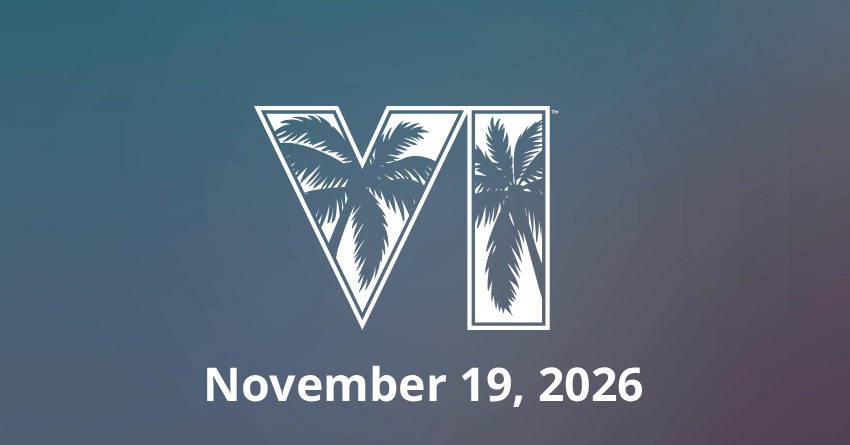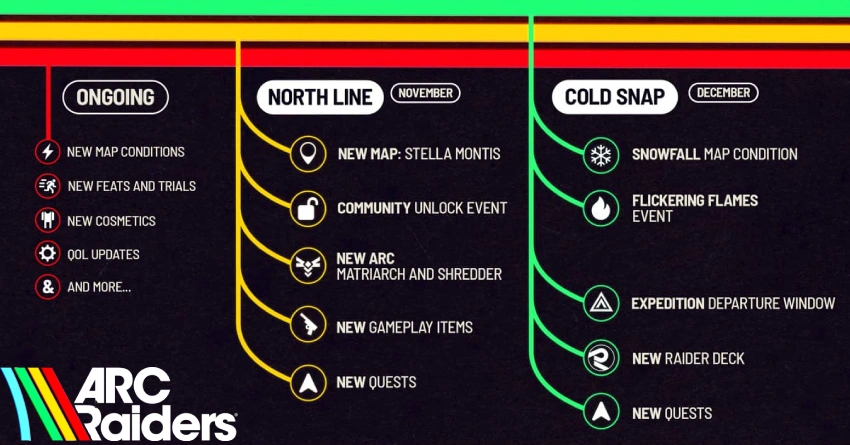I recently bought Lossless Scaling on Steam and decided to put it to the test in a few games, most notably GTA 5, NFS Unbound, and Helldivers 2. Right away, I noticed that both GTA 5 and NFS Unbound felt significantly better with Lossless Scaling enabled, especially in terms of smoothness and overall experience. However, in Helldivers 2, my system could only produce around 60 real frames per second, so Lossless Scaling had to generate the remaining frames to reach 144 FPS. In this scenario, the input delay during movement became much more noticeable compared to the other games.
What is Lossless Scaling?
Lossless Scaling is a tool that lets you upscale your game's resolution and even generate extra frames (frame generation) in games that don't natively support these features. The best part? It works with any GPU and any game—no exceptional support from developers is required. So, even if your game doesn't have DLSS, FSR, or XeSS, you can still use Lossless Scaling to boost performance or image quality.
Besides classic upscaling (playing at a lower resolution and scaling up to your monitor's native res), Lossless Scaling can use AI algorithms to generate additional frames, similar to Nvidia's DLSS 3 or AMD's FSR 3—but without being limited to specific GPUs or games.
How does it work in practice?
In GTA 5, I set the game to run at a constant 144 FPS and used Lossless Scaling's frame generation. The experience in single-player games is genuinely impressive. The image stays sharp, there's none of that typical blur you get with bad upscaling, and the performance boost is real, especially if you're on a weaker PC or want to play at higher resolutions than your hardware can natively handle.
In NFS Unbound, the improvement was even more apparent. The game felt much smoother, and the overall gameplay experience was improved with Lossless Scaling turned on.
In Helldivers 2, however, my system could only deliver about 60 real FPS, so Lossless Scaling had to generate the rest of the frames to reach 144 FPS. Because of this, the input delay—especially during movement—was much more noticeable, making the game feel less responsive compared to my experience in GTA 5 and NFS Unbound at higher native framerates.
Input lag and frame generation
One thing to keep in mind: when you use frame generation, you might notice some input delay, especially if your FPS isn't stable or you're generating a lot of extra frames. In my case, as long as I kept a stable 144 FPS, the delay was minimal and didn't bother me in single-player games. However, at lower framerates, the input lag became significantly more apparent and could impact gameplay, especially in fast-paced situations.
My advice: always cap your FPS to a stable value (using RTSS or in-game settings) to minimize input lag and avoid stuttering. Also, ensure that your GPU and CPU aren't constantly maxed out at 100%, as this can cause performance drops and increased lag.
Who is Lossless Scaling for?
If you play single-player games, enjoy experimenting with settings, and want to get more out of your hardware, Lossless Scaling is a genuinely useful tool. It's especially great for older games that don't support modern resolutions, or for pixel-art titles where you want a perfectly sharp image.
For competitive games, it may not be the best choice due to potential input lag during frame generation; however, for casual and single-player titles, I recommend it.
Conclusion
Lossless Scaling is a tool that, for a relatively low price on Steam, can seriously improve your gaming experience, especially if you have a weaker PC or want to play at higher resolutions. I've tested it myself and can confirm it does precisely what it promises, with minimal compromises. Just make sure to tweak your settings and experiment until you find what works best for you.



